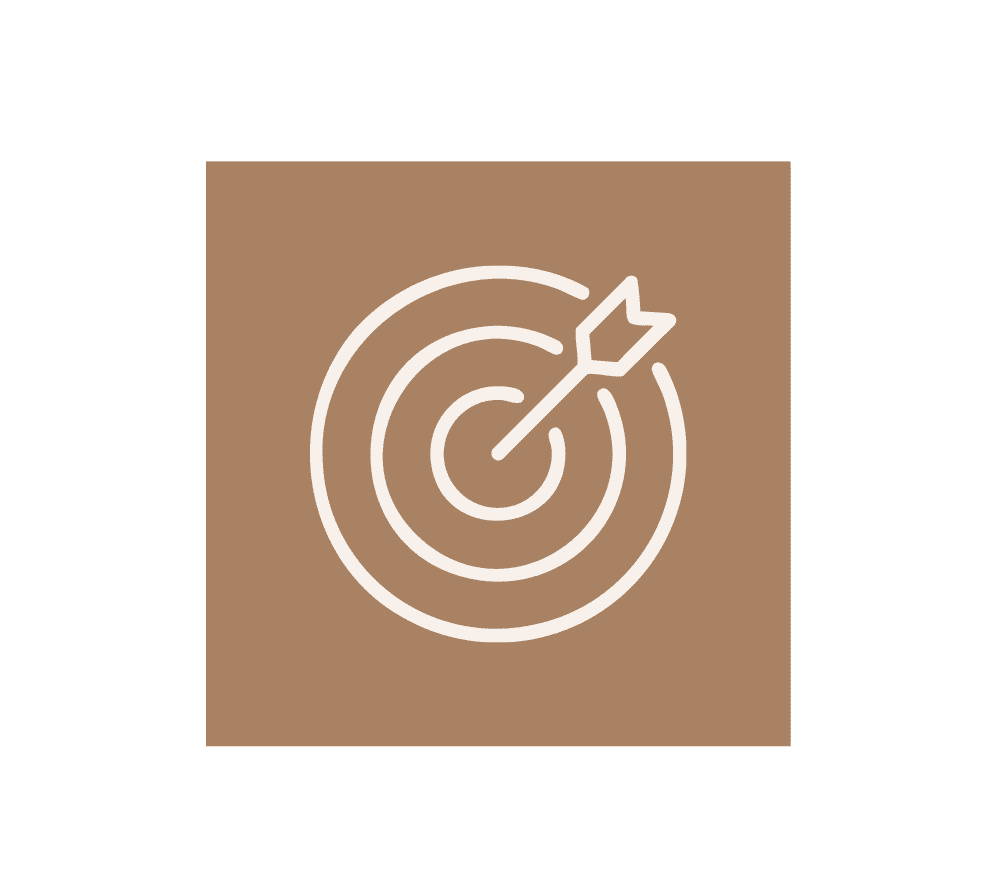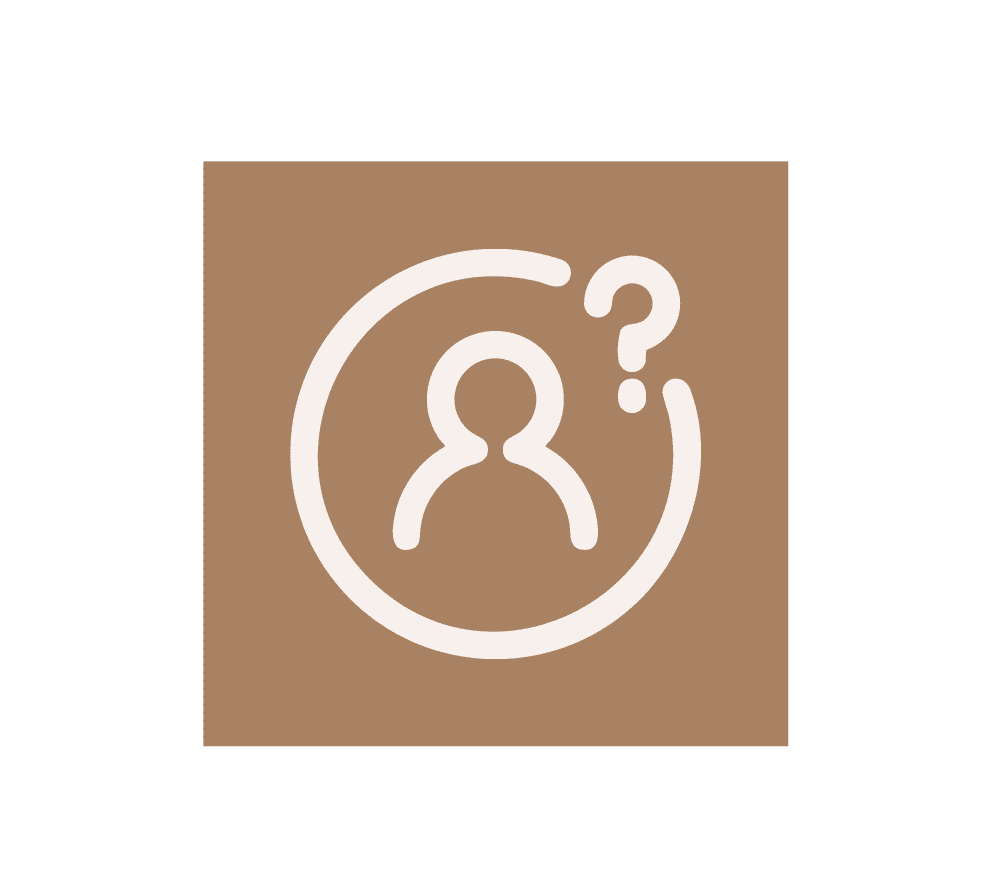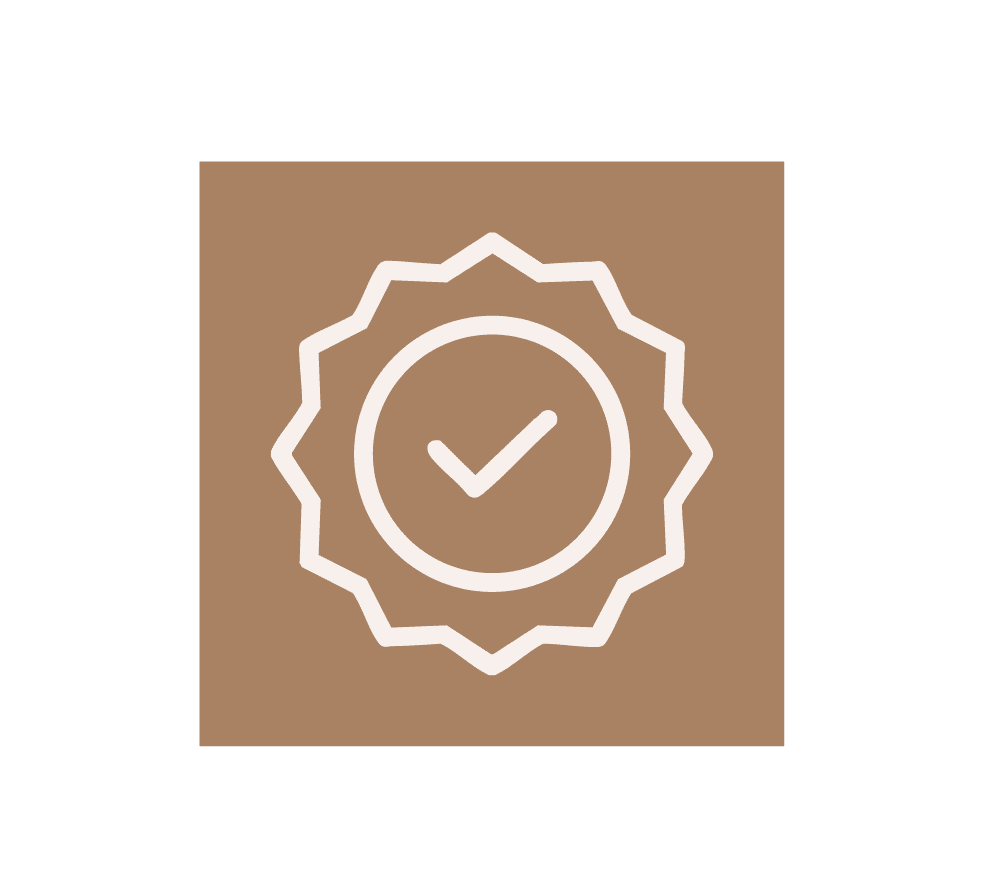An Intensive 5-day Training Course
(API Exam Preparation Training)
This KC Academy training course on API 653: Tank Inspection, Repair, Alteration and Reconstruction will focus on learning the API 653 tank inspection Code as well knowledge of the API 571, API 575, API 650, API 652, API 651, API 577, ASME Section V and ASME Section IX.
The delegates will further receive instructions on how to take the API Exam, as well as understanding of the material.
Topics include:

The aim of this API 653: Tank Inspection, Repair, Alteration and Reconstruction training course is to provide the delegates with:

This API 653: Tank Inspection, Repair, Alteration and Reconstruction training course will be conducted along workshop principles with formal lectures, videos and interactive worked examples. Each learning point will be re-enforced with practical exercises and ample opportunities for discussion and sharing of experiences.
The training course instructor may modify the above training methodology before or during the training course for technical reasons with no prior notice to participants.

This KC Academy training course is designed for professionals interested in getting the API-653 certification as well as:

On successful completion of this training course, KC ACademy Certificate will be awarded to the delegates
OTHER TRAINING COURSES
FREQUENTLY ASKED QUESTIONS
This FAQ section provides quick answers to the most common questions about our services, procedures, and policies. We aim to make your experience with us as straightforward as possible. For further assistance, our support team is ready to help.
There are no prerequisites. Our courses are open to students of all backgrounds who are 18 years of age and older. All courses are conducted in English. Video lectures include English subtitles and the option to slow-down, pause, or replay lectures for better retention. Discussion boards are a critical component of each of our courses; therefore, we suggest students have a conversational knowledge of English when pursuing a Certificate of Completion. For any of the art writing courses, students need to be 100% proficient in written English.
Our classes are kept small, at no more than 30 students, to better facilitate and encourage personalized interaction with the instructor and fellow participants. Your classmates come from all over the globe and contribute their global perspectives and experience. Some are currently working within the arts while others are just beginning. All classmates share in their passion for the art world.
You should have an up-to-date web browser such as: Chrome, Safari, Firefox, or Internet Explorer. For more detailed information, please see the guides for supported browsers and basic computer specifications. Our Online Courses can be accessed on a mobile or tablet device, although we strongly encourage you to have access to a desktop or laptop computer and reliable internet connection for certain course components. Former students have told us it is easiest to read discussion threads and complete written assignments on a laptop or desktop computer.
You can register for a KC Academy training course by visiting our website, selecting the course of your choice, and following the simple registration process. You can also contact our support team for assistance with the registration process.
Connect with our team to learn more about our customised learning and development solutions.
Stay up to date with our latest insights on leadership, strategy and other topics that are relevant to your business. No spam, great content.